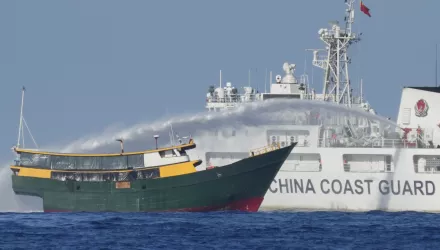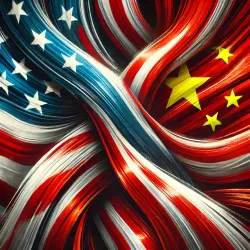Power Vacuums in Great Power Politics: The Consequences of Retrenchment and Collapse
Speaker: Moritz Sebastian Graefrath, Grand Strategy, Security, & Statecraft Fellow, International Security Program
Differing beliefs about how great powers react to the emergence of power vacuums in international politics play a central role in the current debate on U.S. grand strategy: on the one hand, those who believe that power vacuums are inevitably filled by adversaries seeking to expand their influence abroad tend to call for a more involved grand strategy; on the other hand, those who are more sanguine about the possible consequences of creating power vacuums tend to support calls for the United States to withdraw from some of its international commitments.
Everyone is welcome to join us online via Zoom! Please register in advance for this seminar:
https://harvard.zoom.us/meeting/register/tJcoc-CprDMqGNUDYFVtQDRONPhLlXED9kwn



